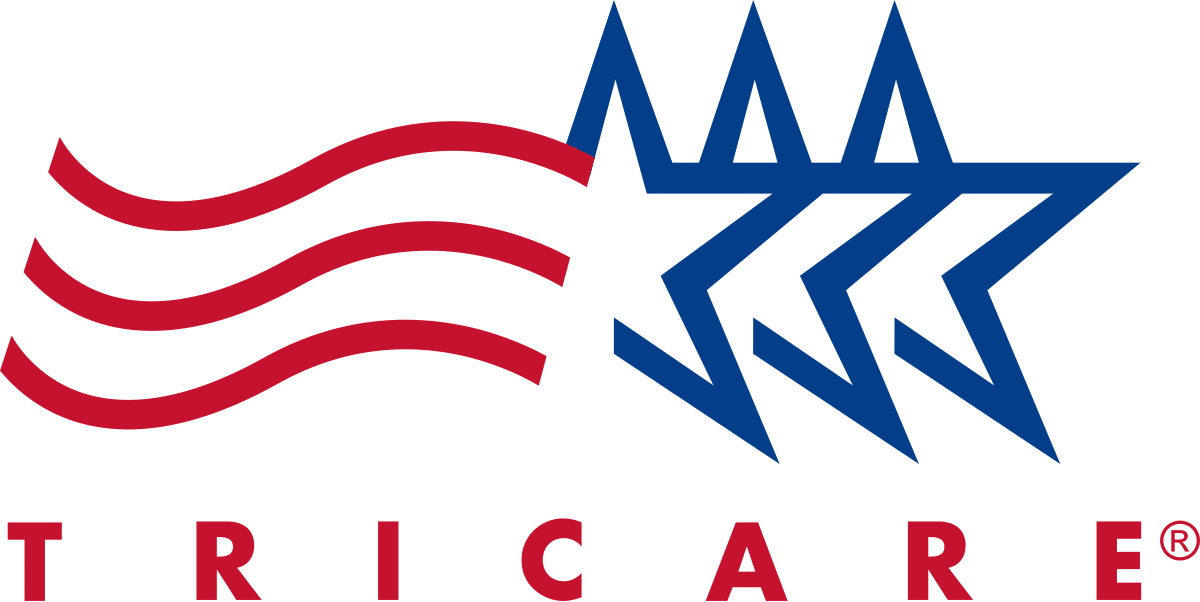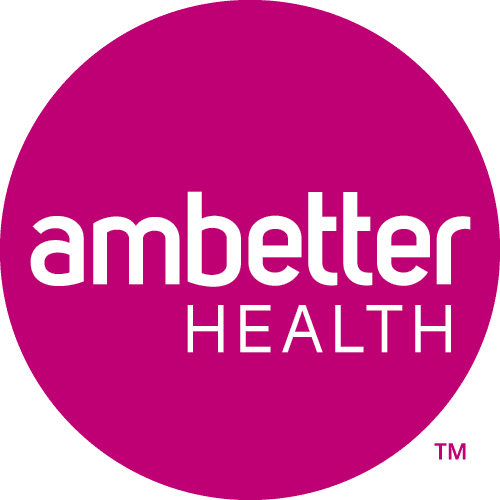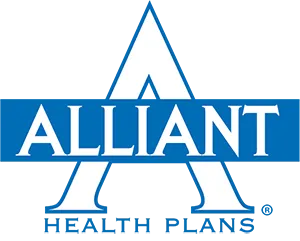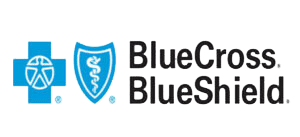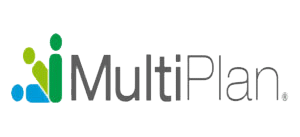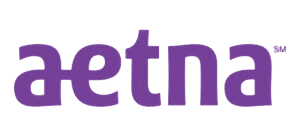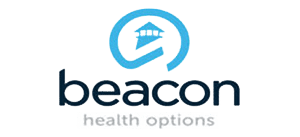Ecstasy Addiction Rehab Center in Rome, GA
Ecstasy Addiction Rehab Center in Rome, GA
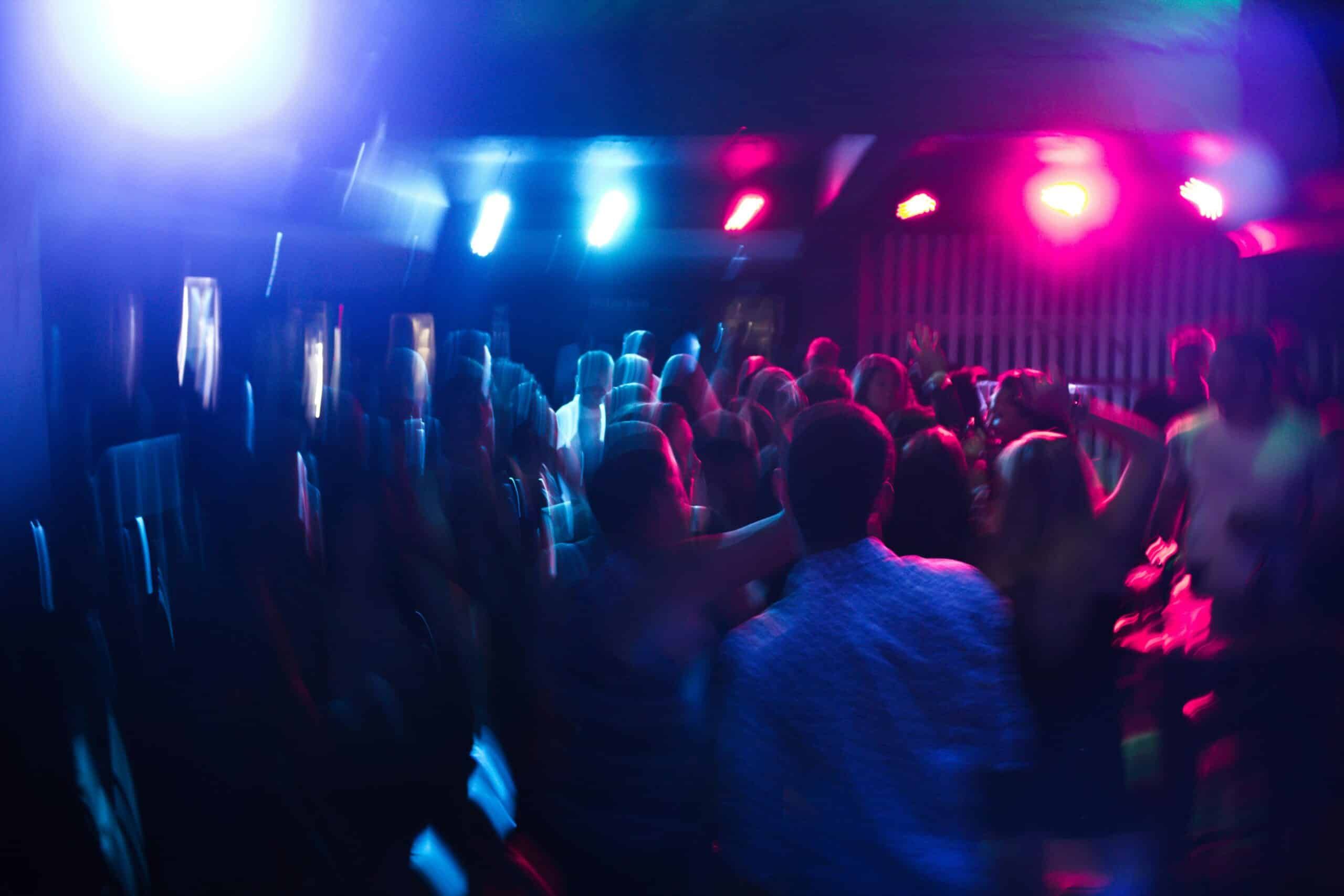
Fairland Recovery Center’s Ecstasy addiction rehab center in Rome, GA, offers several options for those seeking help with Ecstasy addiction. Our substance abuse treatment center addresses various substance abuse issues, including Ecstasy abuse and co-occurring disorders.
Our treatment facility provides different levels of care to meet individual needs. And because Ecstasy addiction treatment typically includes detox, therapy, and aftercare support, Fairland Recovery provides access to a combination of all of these options.
Our process starts with a medical assessment to create a personalized treatment plan. Clients then go through detox to safely remove the drug from their system. This is followed by a program combination of counseling and group therapy to address the root causes of addiction.
Fairland Recovery Center uses evidence-based approaches to treat ecstasy addiction. These may include cognitive-behavioral therapy, motivational interviewing, and relapse prevention training. We also offer a combination of holistic therapies and skill-building resources.
Some facilities also offer inpatient programs for those who need more intensive care. The goal is to help people overcome addiction and build the skills required for long-term recovery. Though we do not have an inpatient program, we partner with the best in the state and work to find our clients the care they need.
Understanding Ecstasy Addiction
Ecstasy addiction is a complex issue that affects many people. It involves both physical and mental changes in the brain and body. These changes can lead to serious health problems and social issues.
The Science of Ecstasy Abuse
Ecstasy, also known as MDMA, affects the brain’s reward system. It increases the release of dopamine, serotonin, and norepinephrine. These chemicals make users feel happy and energetic.
Over time, consistent use can lead to tolerance. Because of the changes it makes to the brain and the increase in feel-good neurotransmitters, the brain wants more to achieve the same effects. The brain may stop making these chemicals on its own, relying solely on Ecstasy to feel good.
Ecstasy use can cause long-term brain damage as well. It may harm areas that control memory, learning, and emotion. This can lead to mental health issues like depression and anxiety.
Signs and Symptoms of Ecstasy Addiction
Ecstasy addiction can show up in many ways. Some common signs include:
- Intense cravings for the drug
- Using larger amounts over time
- Neglecting work, school, or family duties
- Continuing use despite adverse effects
- Withdrawal symptoms when not using
Physical symptoms may include:
- Teeth grinding
- Blurred vision
- Muscle tension
- Sleep problems
- Nausea and loss of appetite
Mood changes are also common. Users may feel very happy while on the drug, then crash into depression when it wears off. This up-and-down cycle can make it hard to quit.
Understanding the signs and symptoms of Ecstasy addiction is critical to understanding whether your or a loved one needs help.
Treatment Modalities in Rome
Fairland Recovery Center’s addiction treatment programs offer a range of effective therapies. These include evidence-based approaches and personalized care plans to help people overcome substance abuse.
Evidence-Based Therapies
Effective treatment methods at our rehab center focus on proven strategies. Our primary form of treatment includes Cognitive Behavioral Therapy (CBT). Used both individually and in groups, CBT helps clients change harmful thought patterns into more positive habits. Motivational Interviewing is another form of therapy that encourages clients to make positive changes in their lives.
Our outpatient programs rely heavily on group therapy sessions that allow individuals to share experiences and support each other. We use 12-step programs to guide recovery. Family therapy may also be part of a client’s treatment plan, incorporating the family unit throughout this process.
Medication-Assisted Treatment (MAT) combines therapy with FDA-approved drugs, allowing us to work with our clients to reduce cravings and withdrawal symptoms. Though not a necessary component, some clients may find relief with the use of non-addictive prescription medications.
Personalized Addiction Treatment
At Fairland Recovery Center, our goal is to create individualized treatment plans for each client, considering unique needs, history, and goals.
Treatment may include a mix of individual and group therapies. Our center offers specialized programs for different addictions. Some focus on dual diagnosis for people with pre-occurring mental health issues.
Depending on the specific client, holistic treatments like yoga or art therapy might also be part of our plans. We also utilize a variety of aftercare support to help prevent relapse. This can include ongoing counseling or support groups.
Detoxification Process
Detox is a crucial first step in addiction treatment, especially for clients whose brains rely on Ecstasy to produce certain neurotransmitters. This process involves removing the drug from the body under supervised medical care. Proper detox helps manage withdrawal and prepares clients for further rehab.
Medical Supervision During Detox
Medical detox programs provide round-the-clock care from doctors and nurses. They monitor vital signs and provide medications to ease withdrawal symptoms. This helps make detox safer and more comfortable.
During detox, clients may receive fluids, nutrition, and rest. The medical team monitors for health issues and can quickly respond to problems. Detox usually lasts 5-7 days. The exact time depends on the drug used and the person’s health. Medical staff adjust treatment as needed throughout the process.
Detox and Dual Diagnosis
Many people with Ecstasy addiction also have mental health issues. This is called dual diagnosis. Detox centers screen for these conditions during intake.
Treating both addiction and mental health at the same time is essential. It leads to better outcomes. Detox staff work with mental health experts to create care plans.
After detox, clients often move to inpatient or outpatient rehab. There, they will receive more help for both addiction and mental health.
Rehabilitation Programs
Fairland Recovery Center provides different types of rehab programs for Ecstasy addiction. These programs aim to help clients overcome substance abuse and underlying mental health conditions, allowing each client to regain control of their lives. Our treatment options vary in intensity and structure to meet individual needs.
Outpatient Treatment Options
Our outpatient treatment allows clients to live at home or in a sober living community while receiving care. This option suits those with milder addiction or strong support systems. Outpatient programs offer flexibility for work or family commitments.
Types of outpatient care include:
- Intensive Outpatient Programs (IOP)
- Partial Hospitalization Programs (PHP)
- Standard outpatient therapy
IOPs and PHPs provide more structure than standard outpatient care. They often involve multiple weekly therapy sessions, while standard outpatient care may consist of weekly counseling sessions.
Outpatient treatment focuses on therapy and education. Clients learn about addiction and develop strategies to maintain sobriety. Support groups are often a key component of outpatient care.
Supporting Recovery and Sobriety
Recovery from Ecstasy addiction involves ongoing support and lifestyle changes. Effective approaches combine medical treatments with supportive living environments to help people maintain sobriety long-term.
Sober Living Environments
Fairland Recovery Center’s sober living homes provide drug-free housing for people in recovery. These homes have rules to keep residents sober. Rules may include:
- No drugs or alcohol allowed
- Regular drug tests
- Attending support group meetings
- Following a curfew
- Doing chores
Residents support each other in staying sober. They share meals and activities. Many homes encourage or require residents to work or attend school.
After rehab, sober living homes can also be used to ease clients into the transition back to regular life. They provide ongoing support as our clients practice their recovery skills.
Financing Rehabilitation Services
Getting help for Ecstasy addiction can be costly, but there are ways to pay for treatment. Some people use insurance. Others find free or low-cost options.
Insurance and Rehabilitation
Our rehab facility takes insurance, which can lower out-of-pocket costs. Plans may cover part or all of the treatment. Check with your provider to see what’s covered.
Common insurance types accepted:
- Private health insurance
- Employer-sponsored plans
- Medicare
- Medicaid
Give our rehab center a call today to verify your coverage. Ask about co-pays and deductibles. We also offer payment plans for any leftover costs. The goal is to ensure that all clients receive treatment regardless of their ability to pay.
Free and State-Funded Options
For those without insurance, free or low-cost rehab exists. Georgia has state-funded programs. These often have waiting lists. Spots go to those most in need.
Free rehab options in Rome:
- Support groups like NA or AA
- Community health clinics
- Faith-based programs
Some centers may use sliding fee scales based on income. Look for non-profit rehabs, too. They may offer cheaper rates or scholarships.
Complementary Therapies
Fairland Recovery Center offers art, meditation, yoga, and other wellness activities to support recovery. These therapies help clients express emotions, reduce stress, and improve physical health.
Art and Music Therapy
Art and music therapy play a crucial role in ecstasy addiction treatment. Clients can draw, paint, or create collages to process feelings and experiences. This gives them a way to communicate without words.
Music therapy uses rhythm and sound for healing. Clients may listen to calming music, play instruments, or write songs. These activities can:
- Reduce anxiety and depression
- Improve mood
- Boost self-esteem
- Provide a healthy outlet for emotions
Therapists tailor art and music sessions to each person’s needs. This personal approach helps clients connect with their inner selves and work through addiction-related issues.
Physical Wellness and Yoga
Yoga and exercise are vital parts of addiction recovery. They help repair the body and mind from drug use effects. Yoga combines breathing, stretching, and meditation to promote relaxation and self-awareness.
Regular yoga practice can:
- Lower stress levels
- Improve sleep quality
- Increase body awareness
- Enhance mental clarity
Rehab centers may offer group yoga classes or one-on-one sessions. Other physical activities include walking, swimming, or gym workouts. These help patients:
- Build strength and stamina
- Release natural feel-good chemicals
- Develop healthy habits
- Boost confidence
Physical wellness programs are designed to fit different fitness levels and preferences. This ensures that all clients can benefit from exercise during their recovery journey.
Life after Rehab
Leaving rehab marks the start of a new chapter. Ongoing support and connecting with others in recovery are key to staying sober long-term.
Aftercare and Continued Support
Aftercare is vital for maintaining sobriety after rehab. We offer aftercare programs to help clients transition back to daily life. These may include:
- Regular check-ins with counselors
- Outpatient therapy sessions
- Medication management
- Skill-building workshops
Clients learn to apply coping strategies from rehab to real-world situations. They get help dealing with triggers and cravings.
Family therapy often continues in aftercare. This helps repair relationships damaged by addiction. It also teaches loved ones how to support the person in recovery.
Community and Family Education
Education and support are key in fighting Ecstasy addiction, which is why we offer various options to our clients and their loved ones. Schools, communities, and families are vital in prevention and recovery efforts.
Building a Supportive Environment at Home
Families play a crucial role in preventing ecstasy use. Parents can:
- Talk openly about drug risks
- Set clear rules against drug use
- Monitor their child’s activities
Support groups help families cope with a loved one’s addiction. These groups offer:
- Emotional support
- Coping strategies
- Information on addiction
Creating a drug-free home environment is essential. This means:
- Securing prescription drugs
- Avoiding alcohol use around kids
- Modeling healthy stress management
SAMHSA and Local Resources
The Substance Abuse and Mental Health Services Administration (SAMHSA) offers a 24/7 helpline for those seeking treatment options. This national service can connect people to local resources and addiction treatment centers in Rome for substance use issues.
For those needing more intensive care, there are 60 inpatient drug and alcohol rehab centers in the Rome area. These facilities offer round-the-clock support and structured treatment programs.
Reclaim Your Life
Reclaim your life today at Fairland Recovery Center’s Ecstasy Addiction Rehab Center in Rome, GA. Don’t let ecstasy addiction control your future—take the first step towards healing and recovery.
Our compassionate team is here to provide personalized treatment plans tailored to your unique needs, including treatment, therapy, and ongoing support. You deserve a life free from the grips of addiction, and we are committed to helping you achieve that.Contact us now to learn more about our comprehensive programs and start your journey towards a healthier, happier life. Your recovery begins here.
Fairland Recovery Center Treatments
Find Help Now
We accept most major insurances
